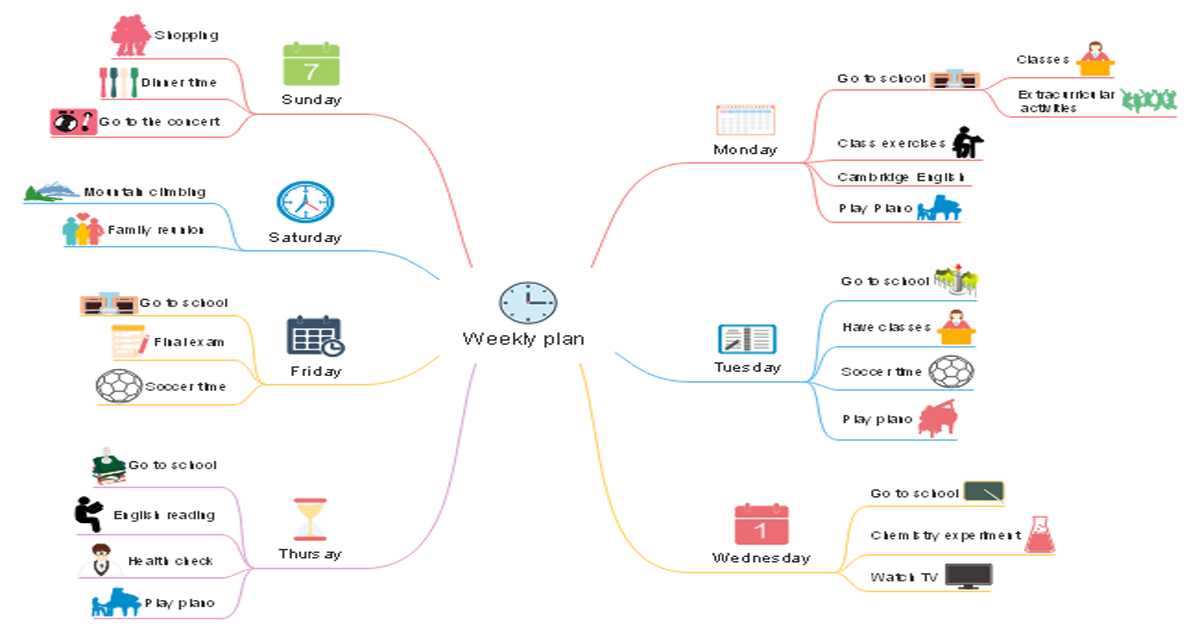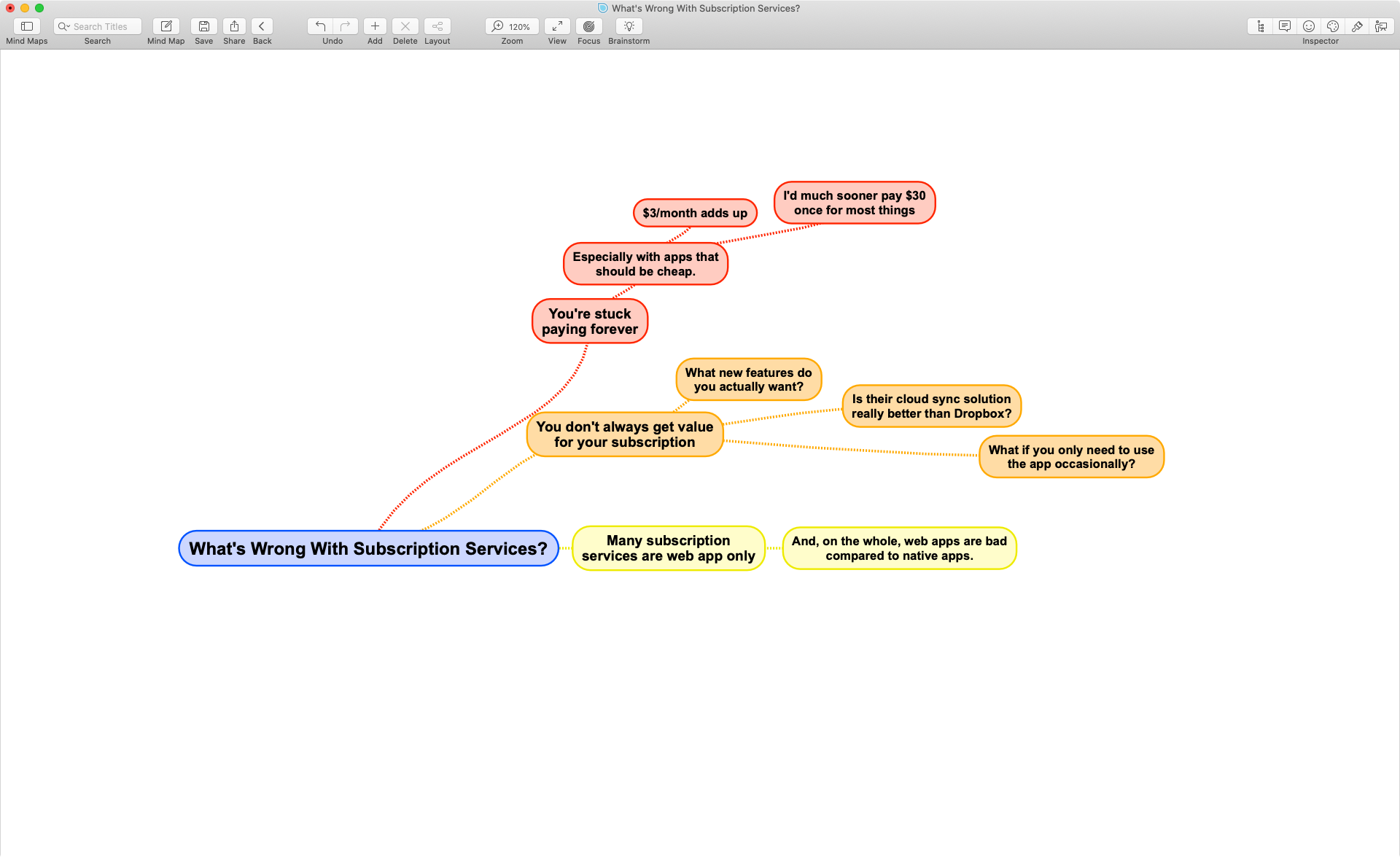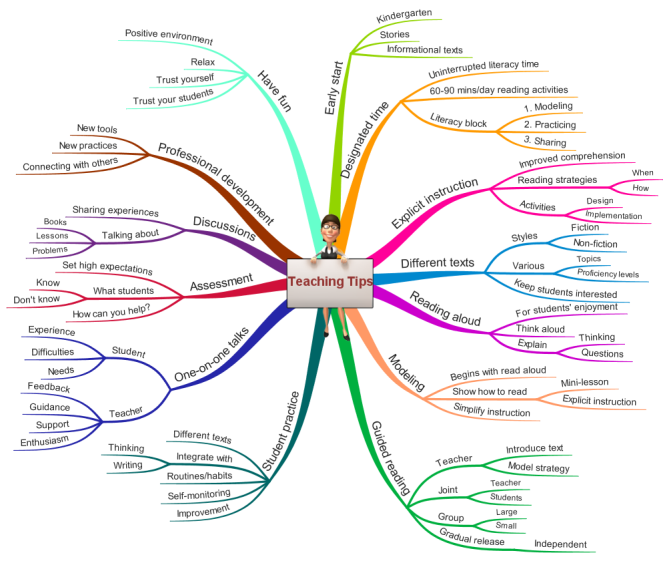

The amount of information that medical students are expected to master is voluminous. Future studies should explore longitudinal effects of mind-map proficiency training on both short- and long-term information retrieval and critical thinking. This demonstrates that medical students using mind maps can successfully retrieve information in the short term, and does not put them at a disadvantage compared to SNT students. ConclusionsĪlthough mind mapping was not found to increase short-term recall of domain-based information or critical thinking compared to SNT, a brief introduction to mind mapping allowed novice MM subjects to perform similarly to SNT subjects. And, no significant differences were found between pre- and post-HSRT mean total scores and subscores.

There were no significant differences in mean scores on both the pre- and post-quizzes between note-taking groups. Mind map depth was assessed using the Mind Map Assessment Rubric (MMAR).

Differences in mean pre- and post-quiz scores between groups were analyzed using independent samples t-tests, whereas differences in mean pre- and post-HSRT total scores and subscores between groups were analyzed using ANOVA. A post-quiz based upon the passage was administered, followed by a post-HSRT. After the break, subjects were given the same passage and wrote notes based on their group (SNT or MM) assignment. They were then given an unfamiliar text passage, a pre-quiz based upon the passage, and a 30-minute break, during which time subjects in the MM group were given a presentation on mind mapping. Subjects were given a demographic survey and pre-HSRT. In this quasi-experimental study, 131 first-year medical students were randomly assigned to a standard note-taking (SNT) group or mind map (MM) group during orientation.

The purpose of this study was to investigate whether a relationship existed between mind mapping and critical thinking, as measured by the Health Sciences Reasoning Test (HSRT), and whether a relationship existed between mind mapping and recall of domain-based information. Recent work suggests that using mind mapping as a note-taking strategy facilitates critical thinking. Mind maps are multi-sensory tools that may help medical students organize, integrate, and retain information. A learning strategy underutilized in medical education is mind mapping.


 0 kommentar(er)
0 kommentar(er)
